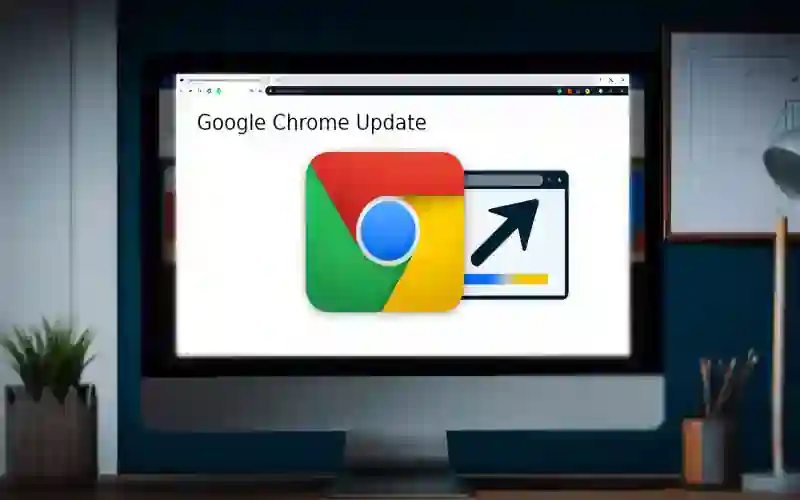
“Google Chrome 130: Enhancing Security with 17 Fixes, Including a Critical AI Flaw”
**Exploring Chrome 130: A Deep Dive into the Latest Security Enhancements and Vulnerabilities**
Google has once again fortified the digital ramparts of its ubiquitous web browser, Chrome, with the release of version 130.0.6723.58/.59 for Windows and Mac, and 130.0.6723.58 for Linux. As users eagerly await the rollout of this update over the next few days and weeks, there’s a palpable sense of urgency mixed with relief. This update is not just any routine patch; it addresses a significant number of vulnerabilities—17, to be precise—that could potentially compromise millions of users worldwide.
Among these security fixes, several have been identified and reported by external researchers, highlighting the collaborative effort in the cybersecurity community to keep our digital environments safe. The most alarming of these is CVE-2024-9954, a high-severity use-after-free flaw in Chrome’s AI component. Discovered by a researcher known only as DarkNavy, this particular vulnerability has not only earned a bounty of $36,000 but also raised concerns about the potential exploitation of such a critical component of the browser.
The severity of CVE-2024-9954 cannot be overstated. Use-after-free vulnerabilities are particularly worrisome because they involve the incorrect handling of dynamic memory during program operation. If an attacker exploits this flaw, they could potentially execute arbitrary code on the victim’s machine—essentially taking control of it. This makes the swift application of the update not just advisable but essential.
Transitioning from the most severe to other vulnerabilities, Chrome 130 also patches various medium-severity issues. These include problems in Web Authentication, UI, PictureInPicture, DevTools, Dawn, and Parcel Tracking. Each of these vulnerabilities ranges from use-after-free bugs to inappropriate implementations and insufficient data validation. While they may not pose as immediate a threat as CVE-2024-9954, their presence in widely used software like Chrome can still provide avenues for exploitation if left unaddressed.
Google’s approach to handling such vulnerabilities is worth noting. The company has opted to restrict detailed information about the bugs until a majority of users have updated their browsers. This strategy is designed to mitigate the risk of these vulnerabilities being exploited in the wild—a necessary precaution that underscores the ongoing cat-and-mouse game between software developers and cyber attackers.
For users, the action to take is clear: update your browser without delay. Google has made this process straightforward; one simply needs to navigate to the browser’s settings, click on “About Chrome,” and allow the browser to check for and install any available updates. It’s a small step for each user, but a giant leap towards collective digital security.
Reflecting on this latest update, it’s evident that Google’s commitment to browser security remains robust. The company’s bug bounty program continues to play a pivotal role in identifying and mitigating threats before they can cause harm. Moreover, Google’s gratitude towards the security researchers who contribute to this process is a reminder of the valuable role that these individuals play in safeguarding our online experiences.
As we continue to navigate through an increasingly complex digital landscape, updates like Chrome 130 serve as crucial reminders of the ever-present need for vigilance and proactive security measures. It’s a collective effort that ensures not just the functionality but also the safety of our digital tools—a responsibility we all share in this interconnected world.














